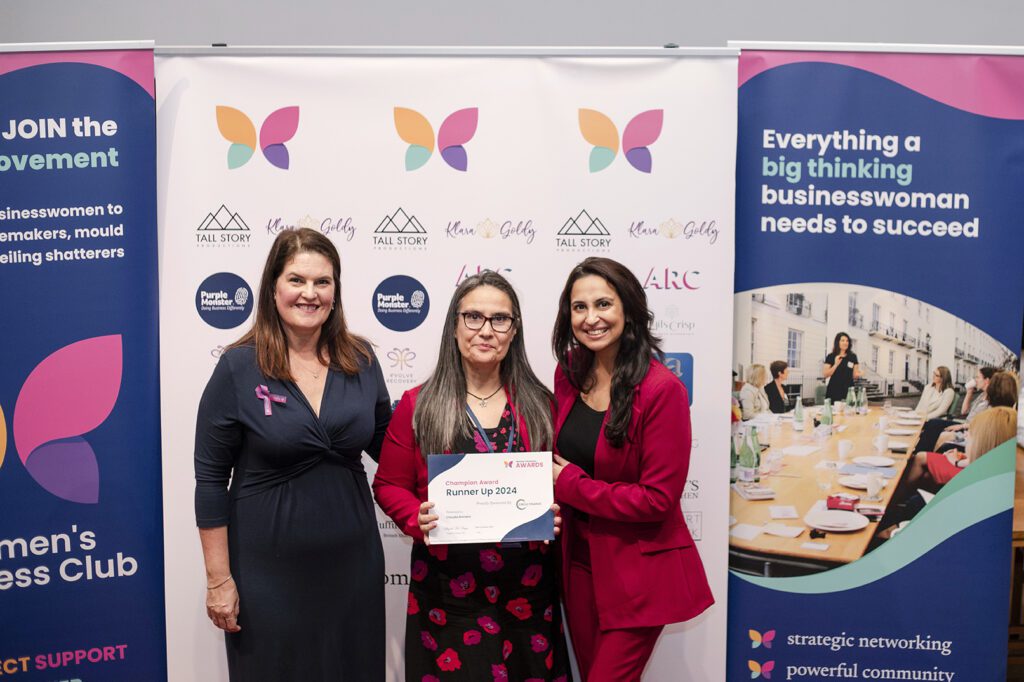You’re flying through your to-do list, focused and in flow—and then bam—an email lands in your inbox like a slap in the face. Or someone makes a snarky comment in a meeting and suddenly, your calm is gone, your confidence wobbles, and all that momentum? Puff. Vanished.
Sound familiar? You’re not alone.
Getting emotionally triggered at work is more common than most people admit—but knowing how to stay productive when your nervous system is doing somersaults? That’s a skill. And like any skill, it can be learned, practised, and strengthened (without becoming a Zen monk or quitting your job to live in a cabin).
What’s a Trigger, Anyway?
A trigger is anything that sparks a strong emotional reaction—often from an old wound or an unresolved story we’re still carrying. In work settings, triggers often show up through:
- Critical or unexpected feedback
- Passive-aggressive comments
- Being left out or overlooked
- Last-minute changes (hello, panic!)
- Micromanagement or unclear communications
And when that happens, your brain doesn’t say, “Oh, let me pause and reflect calmly.” No—your limbic system jumps in, hits the red panic button, and suddenly you’re in survival mode: fight, flight or freeze. Thinking straight? Gone. Productivity? On holiday.
Why Triggers Zap Your Focus (And What to Do About It)
Emotions aren’t just fluffy “feelings”—they’re full-on neurological events. They change your breathing, your thinking, and your ability to make decisions. Studies even show that emotional stress can cut productivity by up to 40%—and I bet you’ve felt that before.
And here’s the thing: you’re not “too sensitive.” You’re human.
But you don’t have to let your emotions run the show. You can honour them without handing over the keys to your calendar.
Let me walk you through how I help my clients handle emotional curveballs with grace and get stuff done.
7 Ways to Stay Productive When You’re Triggered
- Name it to tame it
The moment you feel that emotional punch, pause and name it. “I’m feeling anxious.” “I’m really annoyed.” This simple act activates your rational brain again and gives you a bit of breathing space to respond instead of react. - Breathe (like, really breathe)
When you’re triggered, your breath goes shallow and your brain gets foggy. Three slow, deep breaths—with longer exhales—can calm your nervous system and help you reset. It’s not woo-woo—it’s neuroscience. - Build a ‘calm-down’ ritual
Have a go-to move when you’re emotionally wobbled. A short walk. Fresh air. Music. Cat videos (no judgement). Whatever reminds you that you’re safe and not at war with your inbox. - Reframe the story
Not every blunt message means someone hates you. Ask:
What else might be true?
Am I taking this too personally?
How would I see this if I felt calm and confident?
This kind of emotional agility is a game-changer in the workplace and in life. - Detach with love
You can care deeply without carrying everything. Someone else’s bad day doesn’t need to become your emotional baggage. Your worth isn’t up for debate. - Protect your emotional bandwidth
Just like your time, your emotional energy is finite. Set kind, clear boundaries—especially with people who repeatedly throw you off balance. Boundaries don’t make you mean; they make you sustainable.
As I always say: “You can’t protect your time if you don’t protect your emotional bandwidth first.”
- Ease back in with micro-wins
Don’t expect to leap into complex tasks straight after a trigger. Start small: tidy your inbox, cross off a checklist item, reply to something easy. Little wins rebuild confidence and focus.
The Long Game: Building Emotional Resilience
Staying steady in the storm isn’t just about handling the moment—it’s about building your emotional fitness over time. That might mean:
- Journalling to spot emotional patterns
- Daily check-ins with yourself (what triggered me today, and why?)
- Communication coaching to reduce workplace drama
- Mindfulness or breathwork to create calm
- Working with someone (like me) to build emotional tools that actually fit your real life
Because let’s be clear…Productivity Is Personal
There’s no universal script for how to handle being triggered at work—but this will always be true:
“You don’t need to control your emotions. You just need to understand them so they don’t control you.”
Sometimes, the most productive thing you can do is feel the feeling, honour it, and then come back to your work with a deeper sense of self—not less emotional, but more empowered.
The Bottom Line?
You don’t need to push through emotional pain to be “productive.”
Real productivity is about being in tune with your inner world—so you can show up stronger in your outer one.
When you learn to lead yourself through emotional disruption, you don’t just get more done—you become more of who you really are.
Want to build emotional resilience without burning out or checking out?
Explore coaching with me at claudia-romero.com and let’s protect your energy, your focus and your future—without losing your soul in the process.


